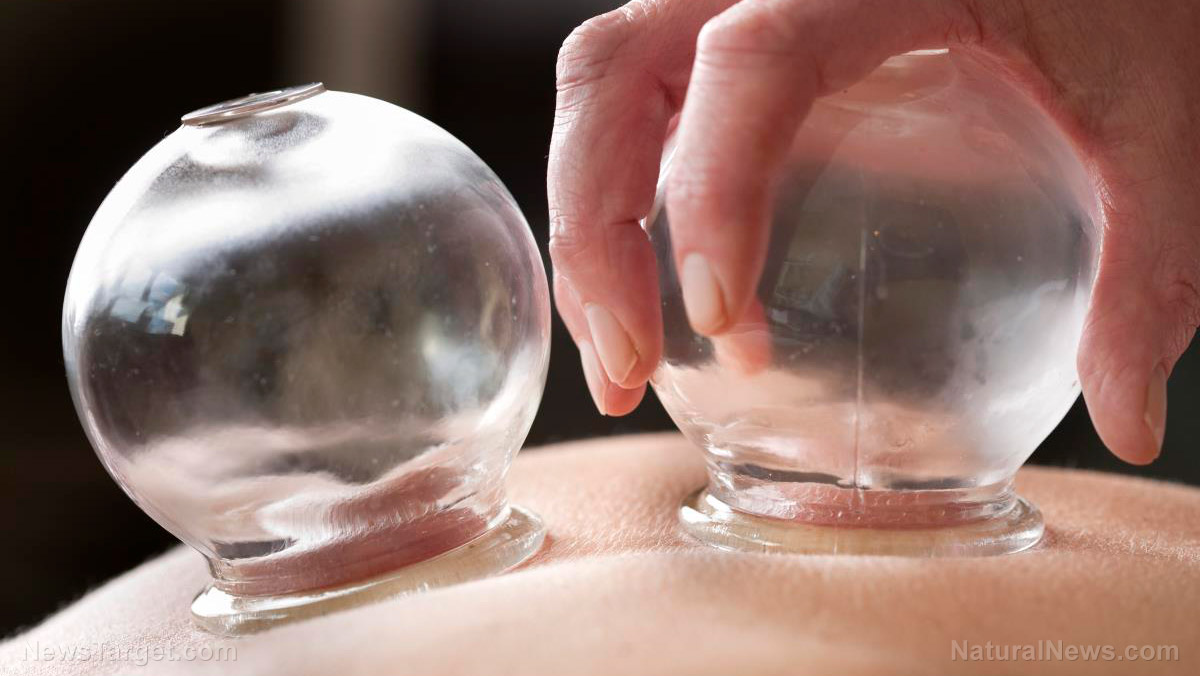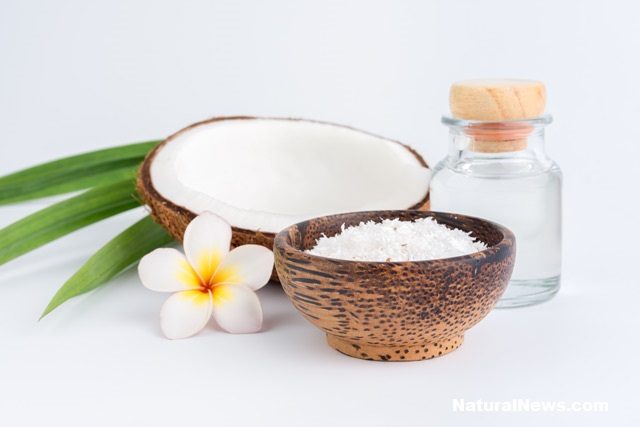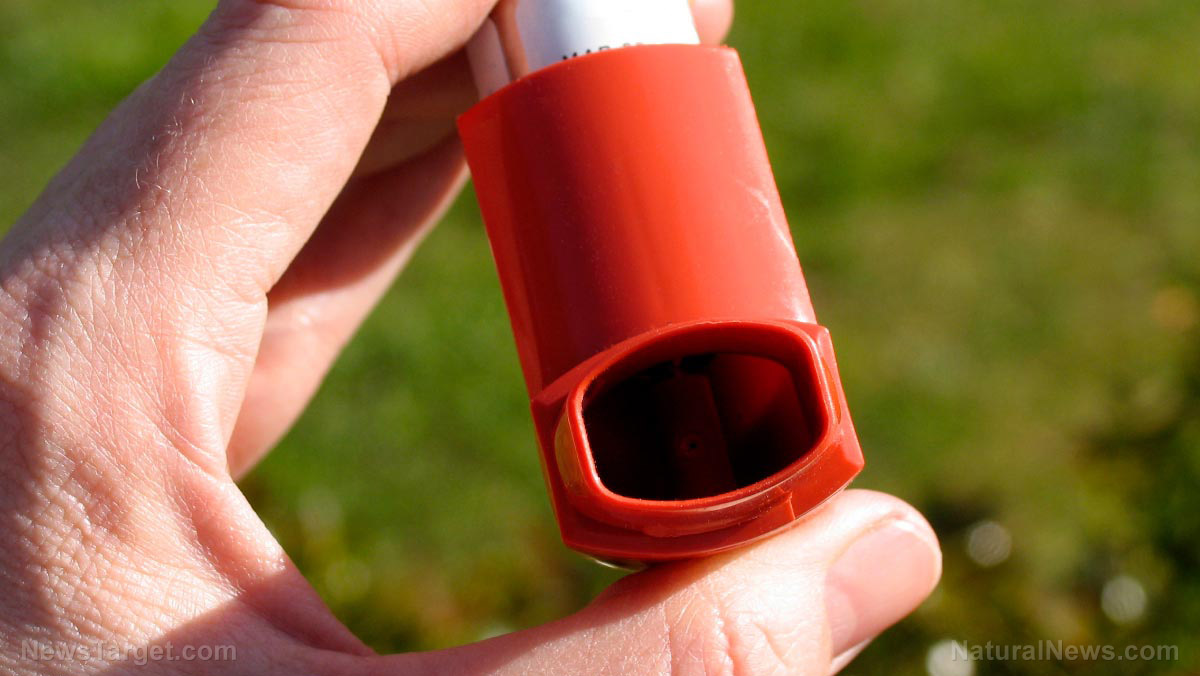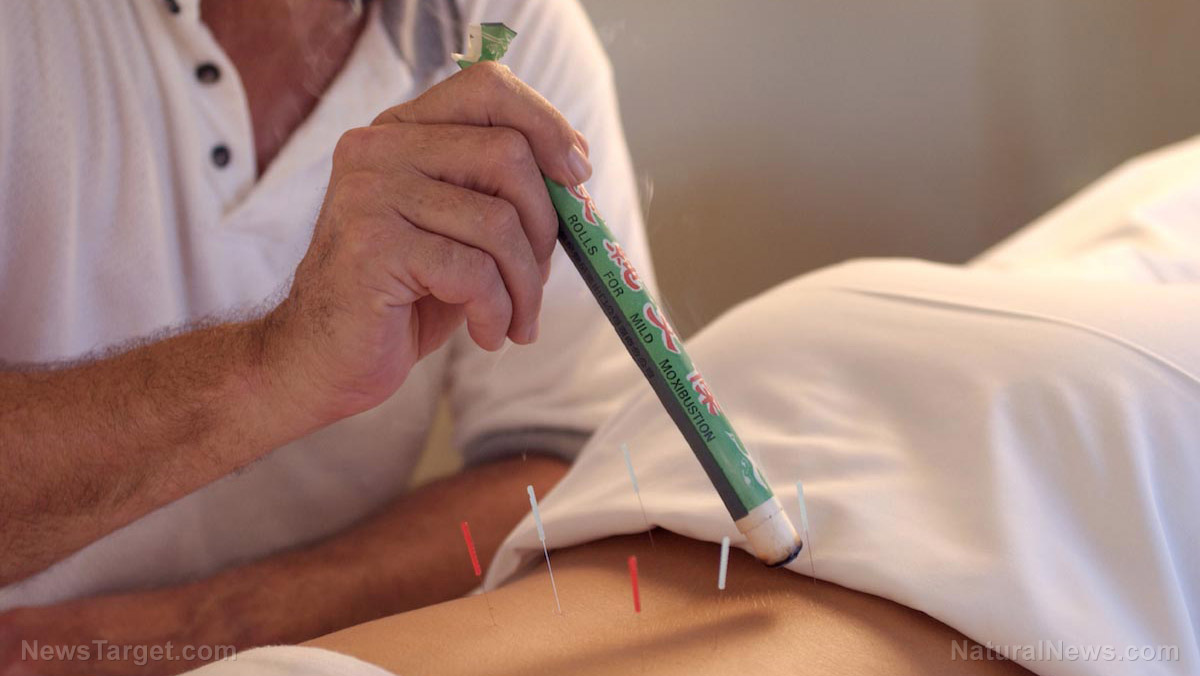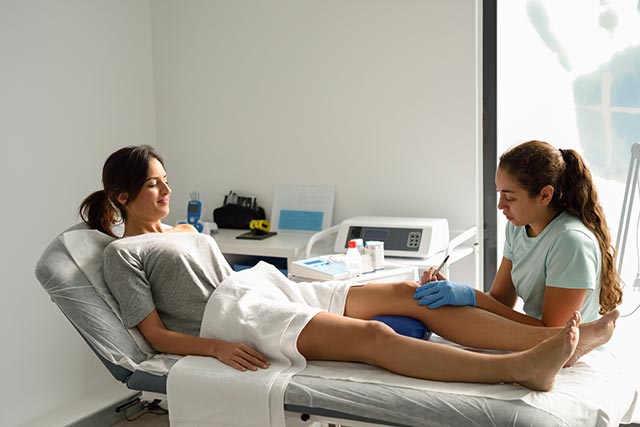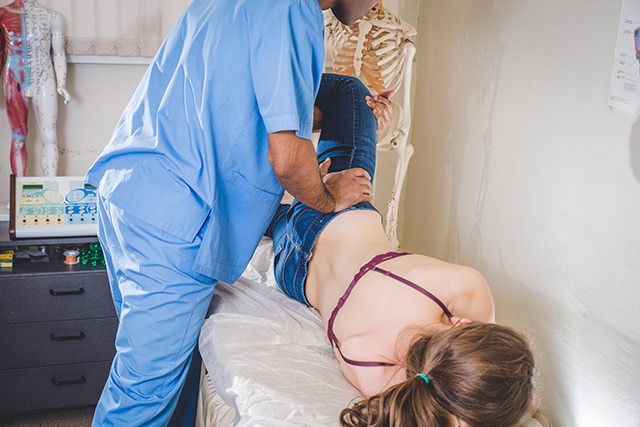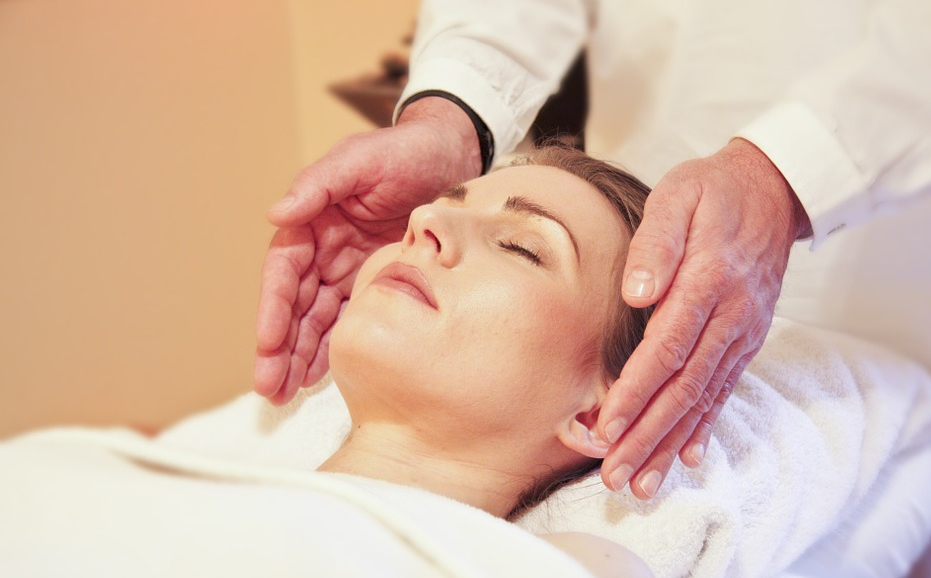Could music be the new medicine? Project raising funds to test 2,500 year-old theory
12/30/2017 / By Isabelle Z.
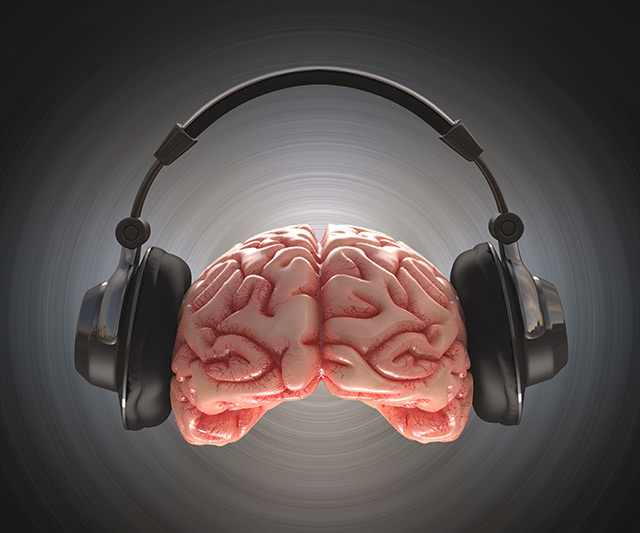
Music can have a transformative effect on your mood. Whether it’s an uplifting song that makes you feel ready to tackle your workout, or a perfectly-timed sad tune that gets the tears flowing while you’re watching a movie, there is no denying that music can be very powerful. This has prompted some experts to wonder whether music could have a similar effect on your overall health and longevity. After all, exercise, yoga and meditation have all been shown to help your mood as well as your physical health – why wouldn’t the same apply to music?
A group of researchers is currently raising funds to try to answer this question. Inspired by the famous Greek philosopher and mathematician Pythagoras, who is said to have believed that music could be used “in the place of medicine,” they have designed a set of blood experiments that could determine whether music and certain sonic test frequencies actually possess medical properties.
This is not as far-fetched as it might seem. Studies have already shown a link between certain sonic frequencies and organogenesis, while others have shown that audible sound and therapeutic ultrasound can help support plant growth and human illness. Therefore, the team hypothesizes that these same underlying mechanisms could play a role in the longevity of blood cells in humans.
The inventor of the cymascope, a device that can make sound visible in great detail, John Stuart Reid, is planning to test the hypothesis in conjunction with Systome Biomed and Roadmusic.co. Whole blood will be exposed to different music genres in vitro, along with a range of various noise types and pure frequencies.
Using two incubators – one equipped with an audio transducer supported by an external source of sound, and one without a transducer to serve as the control – petri dishes with whole blood and reagent will be put through a series of tests. Samples will be tested from the two incubators at set intervals using an automatic cell counter, and the experiments will be repeated three times to look for patterns.
It should come as no surprise that this is the type of project that isn’t attracting a lot of funding. After all, sound healing is something that can be performed for free and cannot be patented, so institutional and pharmaceutical interest and funding for such a project is essentially non-existent. (Related: Music therapy is on the rise.)
Help this groundbreaking study take flight
The researchers have launched a crowdfunding campaign in hopes of gaining support from those who believe in independent science and journalism. They’ve set a modest goal of $15,194 to cover equipment such as a microscope slide heater, temperature controller, the two incubators, blood and reagent supplies, and the automatic cell counter, in addition to project management, fees, and taxes. You can support their campaign on their Experiment.com page.
The project is already attracting a lot of interest from individuals. At the time of this writing, they have already inspired pledges totaling $6,872, which is nearly half their goal. Being able to stimulate healing and promote longevity in a non-invasive way that doesn’t require pumping your body with toxins or mortgaging your house to pay medical bills could be a game-changer.
One of their supporters is Sayer Ji, the founder of GreenMedInfo.com. He wrote on his site that if the tests prove successful, it could significantly change individual listening habits as well as approaches to noise exposure in workplaces. Moreover, he added that it could serve as a foundation for future research into this remarkable drug-free approach that shows so much promise.
If their fundraising is successful and they meet their goal before their February 2 deadline, they are hoping to acquire the necessary equipment and start running their experiment some time in February 2018.
Sources include:
Tagged Under: Crowdfunding, healing, independent science, music, music therapy, sonic test frequencies, sound healing

